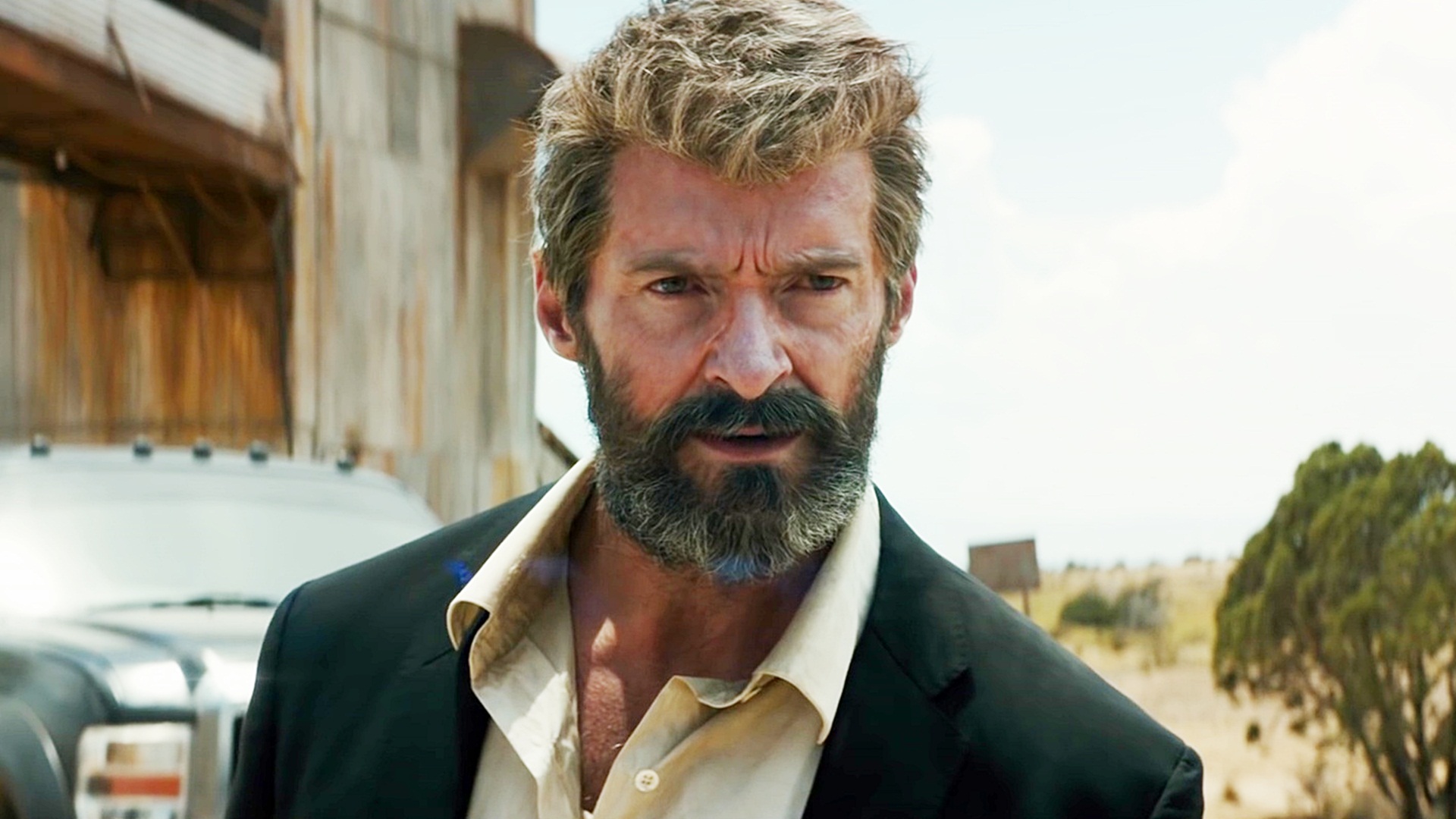
We live in a world of numerous remake, reboot, sequel, prequel, spin-off, and cinematic universes. These terms are so similar; yet, so different in definition, that it can drive a potential viewer to disregard them completely. Although, in the 21st century, a largely derogatory connotation is attached with movie sequels in the film buff’s mind due to the constant negligence of the studio officials, regarding the quality of the films, made only to cash in from a preceding film’s success, there are current and historical examples that prove the contrary.
One would only have to consider the “Godfather” or “Before Trilogy” films to prove that the opposite is also true. “The Golem and the Dancing Girl”, a sequel to the 1915 film “The Golem”, was a significant upgrade of quality in the early days of the cinema. This proves that there are established precedents to abolish the myth of diminishing returns.
So, although, it is a decade of flourishment for the sequel trend, it has already been suggested that Sequels are not a 21st-century invention; as the first official sequel of a film can be traced back to the 1920s. The film holding the crown is the sequel to D.W.Griffith’s groundbreaking film “The Birth of a Nation”, titled “ The Fall of a Nation”.
A viewer can be attracted to a film series because of some distinguishable genre conventions, dramatic impact or pure entertainment factor, missing from the traditional fares. The cinematic universe built around a series generally has some highlighted trope, atmosphere, and feature, that hooks the audience in a consecutive number of times and the studios are also eager to manipulate these expectations to replicate the success made from the earlier films in the series. However, there are instances, when a film sequel feels completely disconnected from the film series or the cinematic universe i.e. non-canonical.
This list includes ten such instances, where a film sequel significantly differs from the film series, in the verge of making it non-canonical. This doesn’t imply that the quality of these films is worse than the other entries in the series; sometimes the tonal shift works in favor of the franchise, except being a significant departure from the originals. Without further ado, here are the 10 film sequels completely different from the original:
1. 10 Cloverfield Lane (2016)
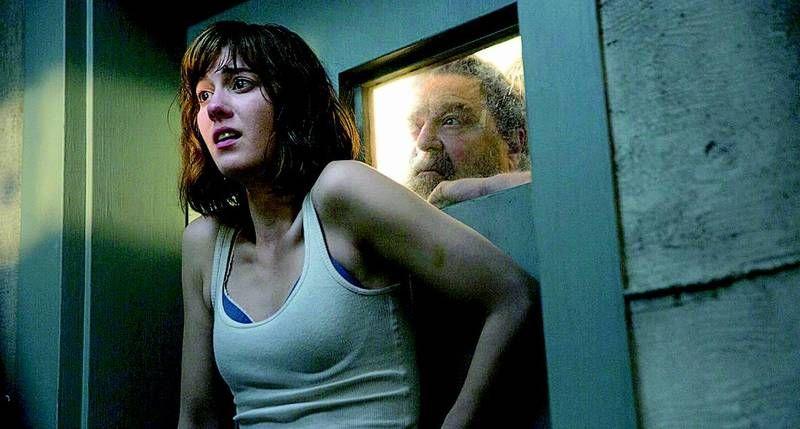
The films in J.J.Abrams “Cloverfield” franchise doesn’t add up together at all. They are all brilliant individually except last years horrendous “The Cloverfield Paradox”, but when it is pronounced by the filmmaker as connected entries in a filmic universe, it seems a bloated insistence.
It is easy to reason that alternate reality is the binding point in all the “Cloverfield” movies, but in reality, it looks like a giant excuse and gimmick to draw the audiences. If one looks closely to the progression of all the films, it is clear that the connection needed to make the films part of a universe can take the lifetime of the filmmaker.
10 Cloverfield Lane was an excellent psychological thriller with a commendable performance from the actors, but the sci-fi climax at the end is nothing but a failed desperation from the screenwriters to connect it to Cloverfield universe.
Even, in reality, J.J.Abrams “Bad Robot Productions” bought an individually developed script named “The Cellar” and released it in the form of a spiritual successor. This behind the scene story only confirms the point that this declaration of the shared universe is only a big stunt with nothing in common between the films and possibly never will.
2. Evil Dead 2 (1987)
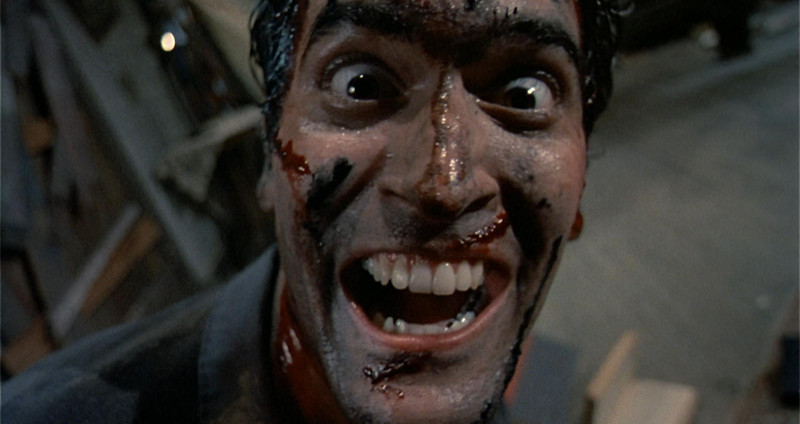
This time, the shoestring budget of the first cult classic“Evil Dead” made way in favor of a big-budget film, thanks to the help made by Stephen King to secure generous funding. While the first film was a horror movie but managed to gather quite a few occasional laughs due to the cheap filmmaking techniques used, the second film used these comic elements in its advantage.
The increased amount of comedy in the film “Evil Dead 2” make it a horror comedy, different from a normal horror film that targets to discomfort the viewer with disturbance, fear, and gore. This was one of the first self-aware meta-horror comedy films which helped to popularise the genre itself. Evil Dead 2 was quickly recognized as a cult film due to thrilling moments offered by the protagonist Ash Campbell with a proportionate amount of horror and slapstick comedy.
3. Logan (2017)
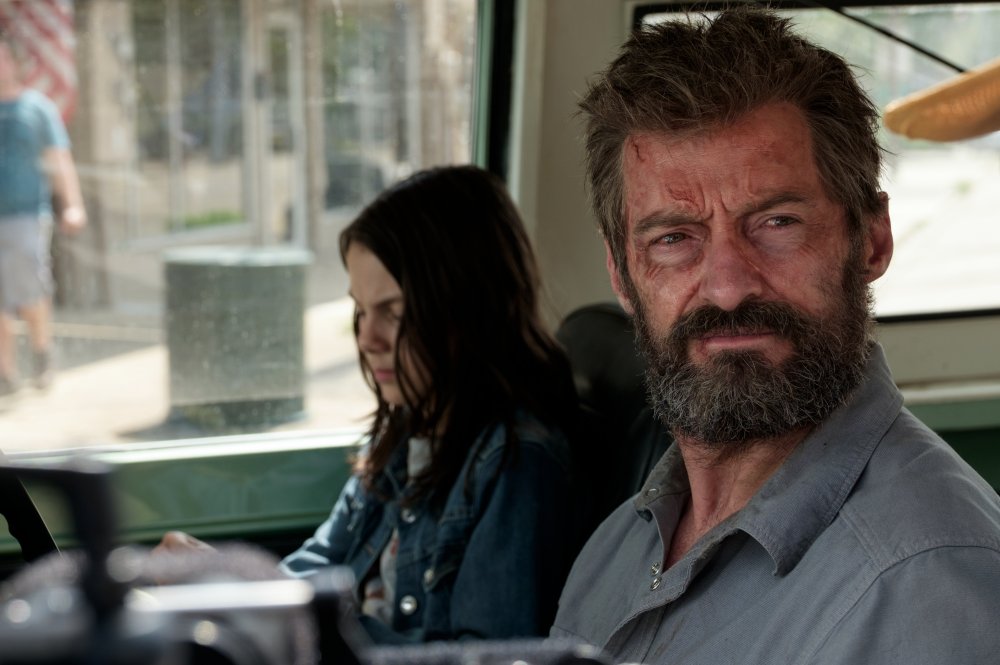
“Logan” is the most accomplished and critically acclaimed film in the “Wolverine” film series. Being the last installment in the series, This film had the duty to end it with the maximum dramatic impact possible, and it is successful in doing so. Here the sci-fi superhero aspect of the previous offerings has been shifted to the realm of drama.
It took several cinematic inspirations to interpret the bleak future demonstrated in the “Old Man Logan”, the alternate version upon which the film is built on, most notably the film westerns such as “The Cowboys”, “Unforgiven” and the film noir of the classic Hollywood. This film is widely regarded as one of the best superhero films, as well as one of the best films of all genre in the 21st century.
While the conflict of the previous “Wolverine” films revolved around the Violent consequences of the world and the fight for a better world, this time, it is more personal. The film is more character driven than the previous ones, where an old Logan is fighting for the existence and survival of the mutant species and his own daughter Laura.
The healing capabilities of Logan became weaker with his age and made him more real to life. He is not a widely feared clawed mutant anymore; rather a man who is vulnerable and subject to exploitation just like everyone else. It is also the first live-action superhero film to be nominated for the best adapted screenplay award in the Oscars.
4. Back to the Future Part III (1990)
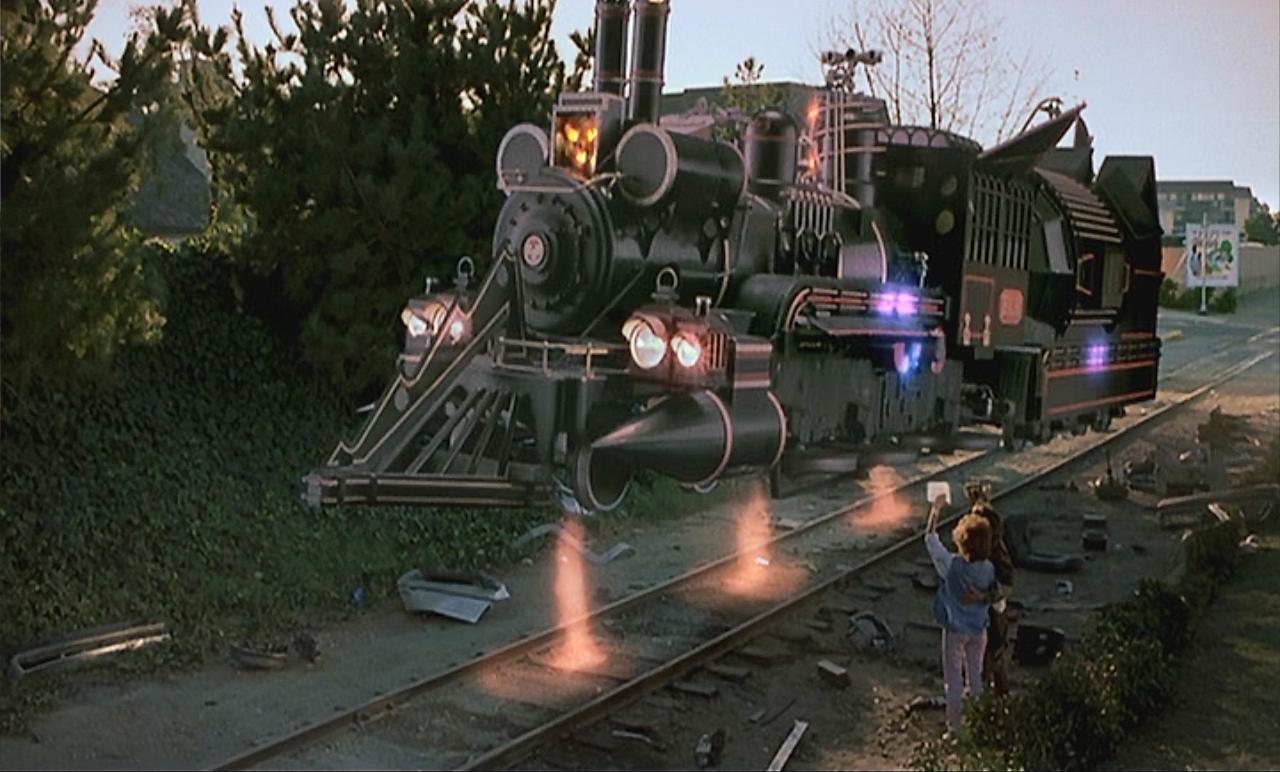
“Back to the Future” presents one of the rare occasions where all the movies in the trilogy are famous individually. It is also a franchise, which has gained a significant position in pop culture with quotes like “Great Scott!” , “Roads? Where we going we don’t need roads” and Calvin Klein Jokes.
The time travel aspect directs a large portion of the narrative flow in the “Back to the Future” films; whereas, the final film of the trilogy spends more time in the personal relations and adventures of the professor, in proportion to the time travel fun. The excellent chemistry between Marty McFly and Dr. Brown is spared as according to the plot of the film they don’t share the time together, until the final climax of the film.
This is more of a Hollywood western than a sci-fi drama, literally taking place in the wild west. The focal point here is the romance between Dr. Brown and Clara Clayton and the clash of Brown and Tannen’s grandfather. Although this final installment totally departures tonally from the previous films, It is a fun closing film with a neat end act on the lives of the major characters.
5. Thor: Ragnarok (2017)
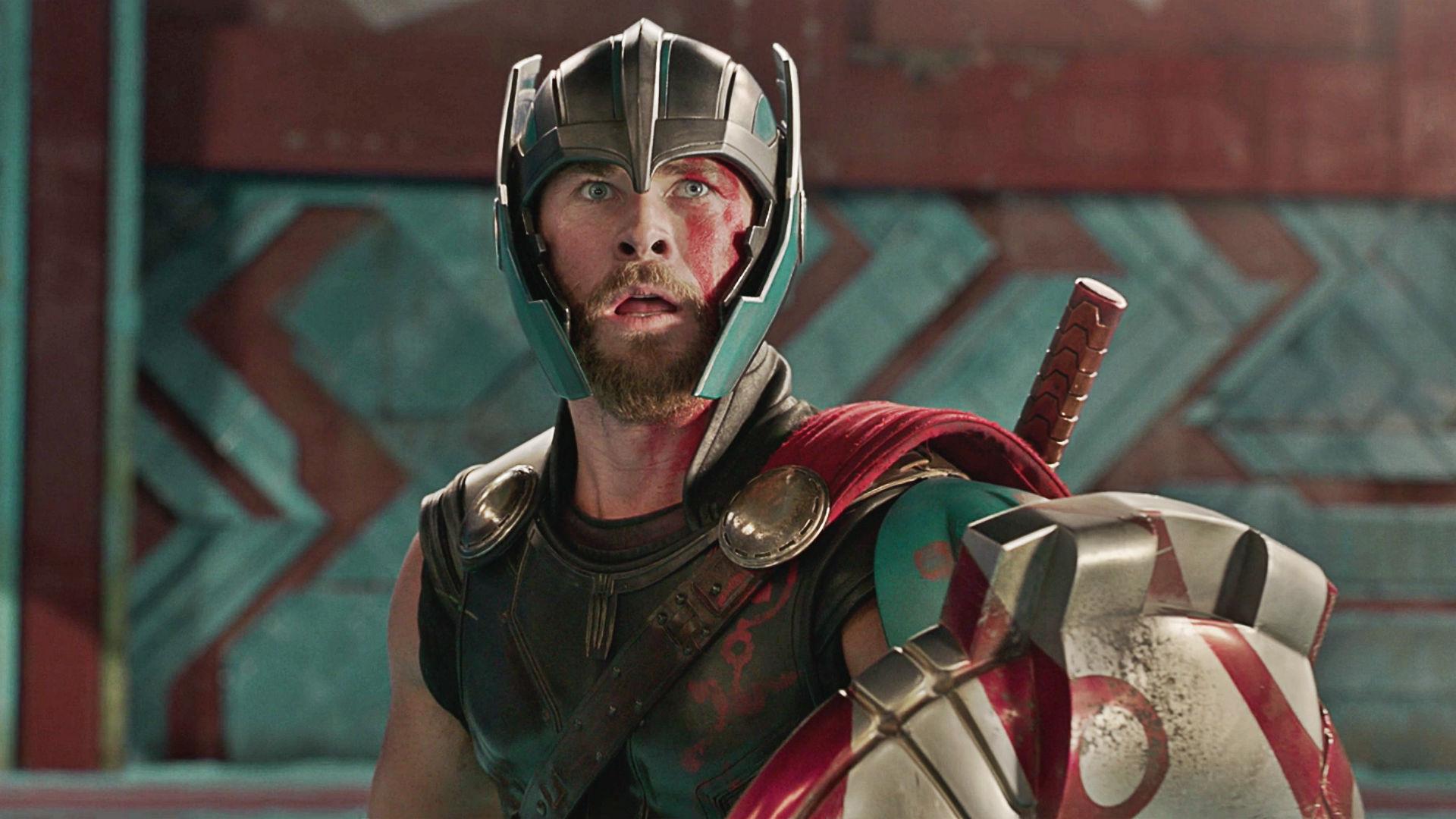
Taika Waititi is widely well-known for his humorous personality and witful feature films in his native country as well to the outside world. After the first two “Thor” films of Marvel Studio received moderate critical reception, it was time for them to reconsider the route they are taking with the god of thunder. This series has been revived with the golden touch of the Dutchman, giving a much-needed humorous edge to the franchise and the character of the god of Asgard.
Historically, Superhero films are always prone to serious treatment as the world is on fire and have to be saved from the perilous villains. In the same way, The first two Thor films too treated the source material with a serious outlook, with some occasional slapstick comic relief from the weird activities of Thor in the earth, which stems from the fact that he is largely unaccustomed with the culture of the earth. It was totally unknown that these superpowers can be downgraded to an element of pure mockery, amplifying the comic tones and making them the highlight of a film.
Thor: Ragnarok took this unexpected route, to make fun of their own superheroes, and in result significantly departing from the franchise as well as making a delightful film to watch.